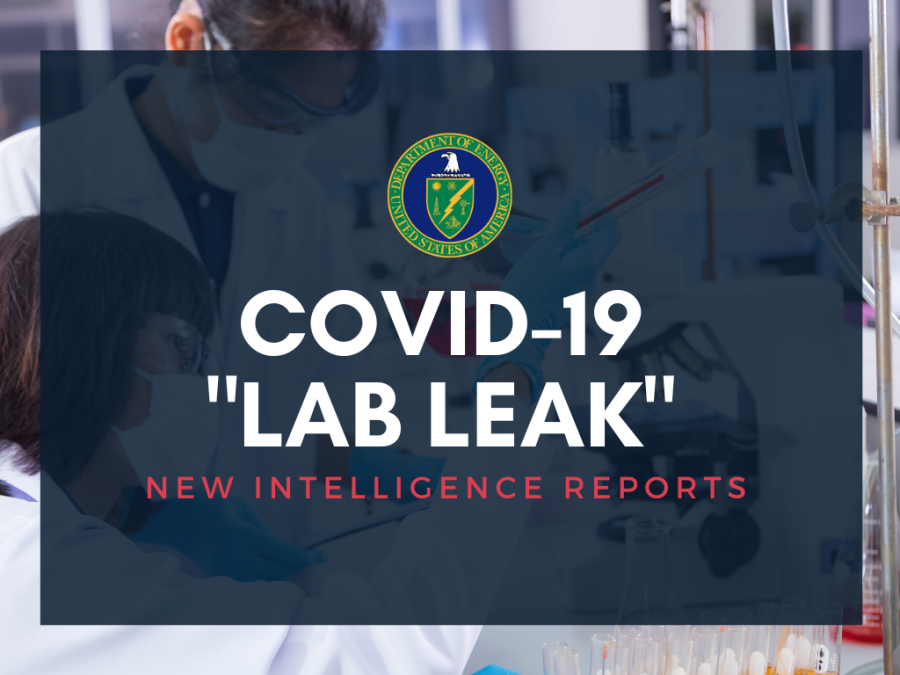Division in intelligence: US Department of Energy reports that COVID-19 may have originated in lab
Numerous theories regarding the origin of the pandemic have proliferated online and on social media, highlighting the widespread confusion surrounding this issue.
Almost three years after COVID-19 sparked global catastrophe, newly updated intelligence reports have suggested that the pandemic most likely originated from a laboratory leak in China.
“There has always been the notion that COVID started in a lab. Now, it is coming to fruition and there has been an increasing amount of research and evidence that has made this suggestion more probable,” said Jignesh Kantilal.
The report, released by the US Department of Energy, has shed light on the deep-rooted division within the US intelligence community, particularly with regards to the origin of the COVID-19 pandemic. While some agencies have concurred with the Federal Bureau of Investigation’s assertion that it was most likely the cause of a laboratory mishap in China, others continue to uphold the view that it resulted from natural transmission.
“They are definitely keeping something from us. First, the widely-held belief was that COVID-19 originated from a virus in animals. Now, reports have come out suggesting otherwise. The lack of transparency on a global scale has really taken its toll,” said Agash Morekonda (‘24).
According to individuals familiar with the matter, the Energy Department conclusion carries significant weight due to the agency’s considerable scientific prowess and oversight of a network of US national laboratories. Nevertheless, the department’s conclusion was arrived at with “low confidence,” implying that it was limited in its scope of reliability.
“Given the report’s low level of confidence in arriving at this conclusion, it is imperative that the international community continues to approach this matter with an open mind and in a spirit of cooperation to find the most accurate explanation for the origin of the virus,” said UK Medical Specialist Prashil Sukla.
Although the report sheds light on the origins of the pandemic, many have cited that it does not diminish the sobering reality that over six million people have lost their lives as a result of the virus. To further investigate, House Republicans have recently held the first in a series of public hearings exploring how the COVID-19 pandemic began.
“It would be good to know what happened and have the answers to all the questions about where COVID came from,” said Lily Keegan (‘23).
At the end of the day, as the world pieces together the origin of the COVID-19 pandemic, reports will continue to surface and new details will continue to emerge – for those who lost their lives, for the millions of people affected, and for the world at large.
“We need answers and eventually, we will get those answers,” said Morekonda.
Your donation will support the student journalists in the AVJournalism program. Your contribution will allow us to purchase equipment and cover our annual website hosting costs.

